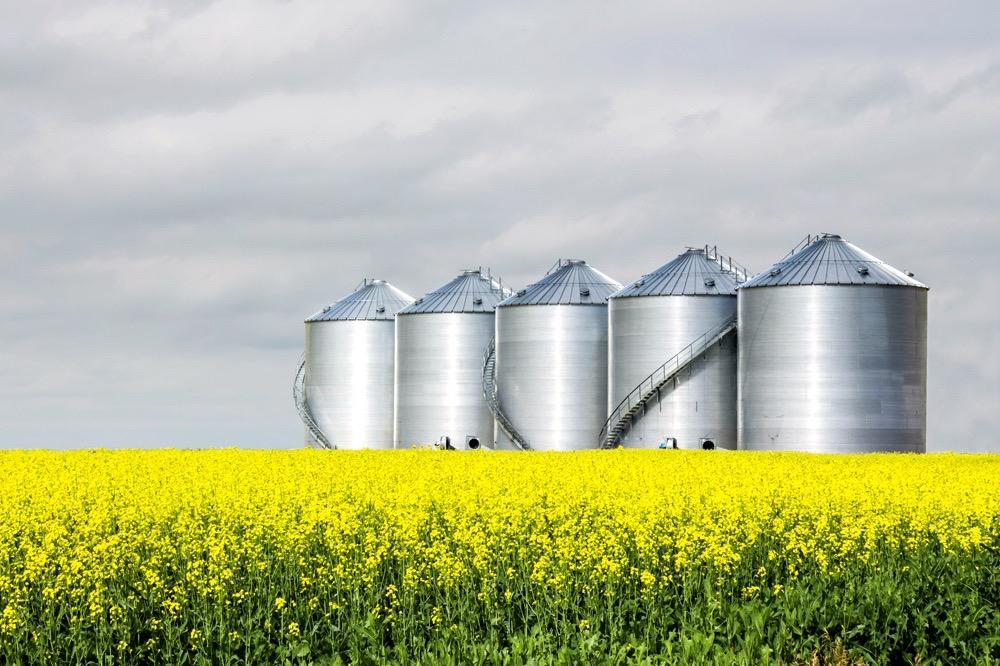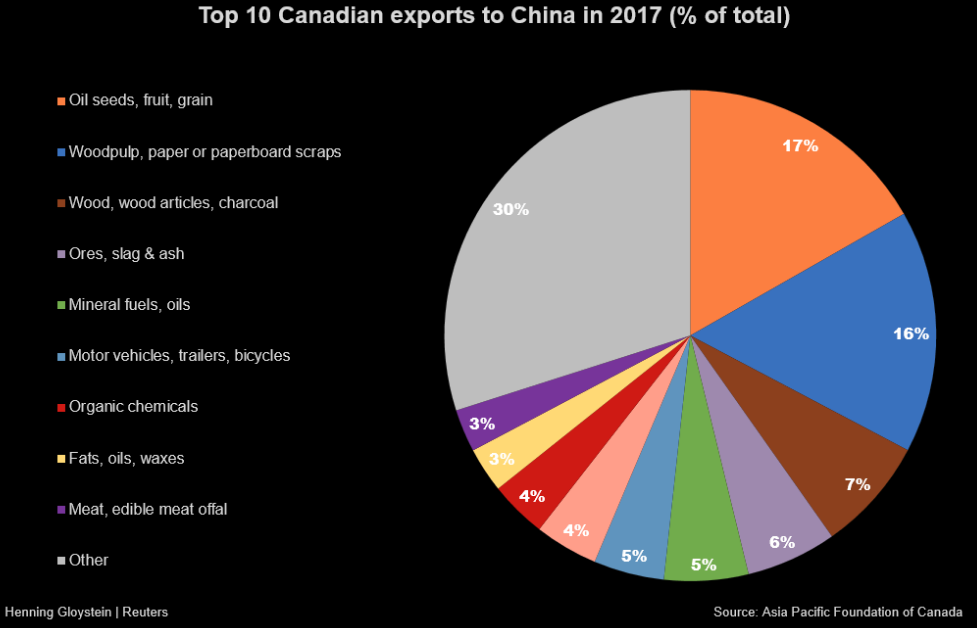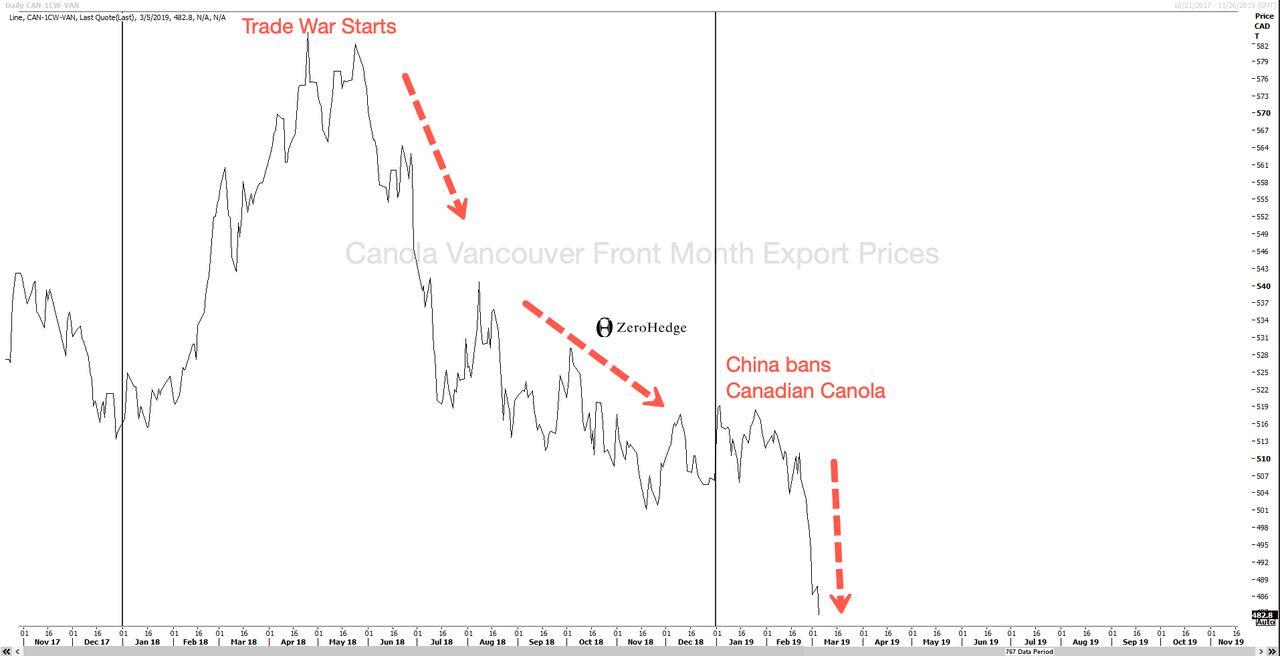Canada’s largest grain processor said Tuesday that Beijing has canceled its registration to ship canola seed to China, fueled by the arrest of a top executive for the Chinese tech giant Huawei, The Wall Street Journal reported.
The move suggests that rising diplomatic tensions between China and Canada are damaging commerce between the two countries. Tensions have already crushed hopes that senior officials in Ottawa and Beijing would develop further trade ties.
The import ban against Richardson International Ltd. is due to a series of Chinese non-compliance notices declaring some shipments of canola seed from Canada were contaminated with “hazardous pests.” Canadian officials disputed that claim.
“I am very concerned by what we’ve heard has happened to Richardson. We do not believe there’s any scientific basis for this,” Canadian Foreign Affairs Minister Chrystia Freeland said in Montreal.
“We are working very, very hard with the Chinese government on this issue.”
Revoking the import license comes as Canada is advancing an extradition hearing for Huawei CFO Meng Wanzhou. She was arrested in early December by the Canadain government at the request of the Trump administration, where she was wanted on fraud charges.
The Canola Council of Canada, located in Winnipeg, told the Journal that Richardson is a major player in the country’s canola seed to China.
Derek Brewin, a professor of agriculture economics at the University of Manitoba, said the Canadian agricultural and food manufacturing company easily controls 20% of total Canadian export capacity for grains and oilseeds.
The canola council said 40% of the industry’s exports end up in China.
Canada’s agriculture department said the country’s top agricultural export to China is canola seed, with sales valued at $2.05 billion per annum.
A spokesman for the council said, “We are aware of challenges our exporters have faced shipping to China—these are concerning as they create instability and add costs.”
The Journal didn’t say, but the ban went into effect March 01 – as per a document of approved shippers was published on the website of the Chinese customs administration.
The vice president of Richardson told the Canadian Broadcasting Corp. (CBC) that their troubles with the Chinese are due to Wanzhou’s arrest.
“We think this is part of a larger Canada-China issue, and we hope it gets resolved expeditiously,” Jean-Marc Ruest told CBC.
China’s ban on Candian canola hits western Canada the hardest.
Front-month contracts for Canola Vancouver have plummeted by more than 17% since China’s retaliatory tariffs on U.S. agricultural exports last summer.
The industry is worried that canola prices might collapse further, which could spark a farm crisis, similar to what is occurring in the US.
via ZeroHedge News https://ift.tt/2NJr7hc Tyler Durden


